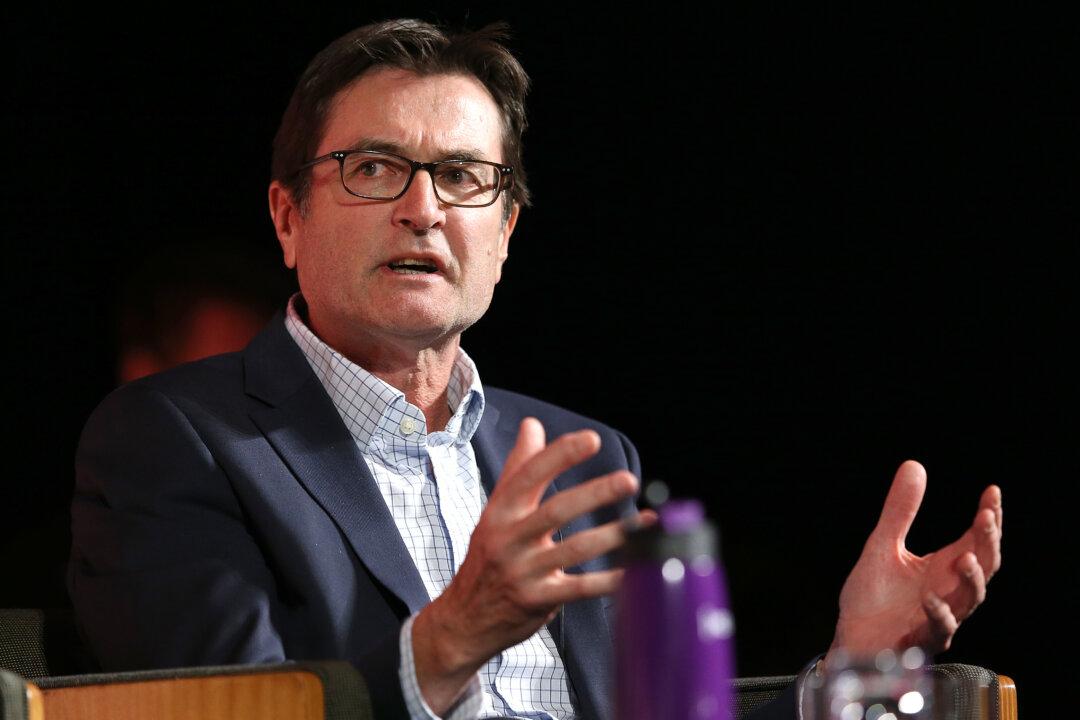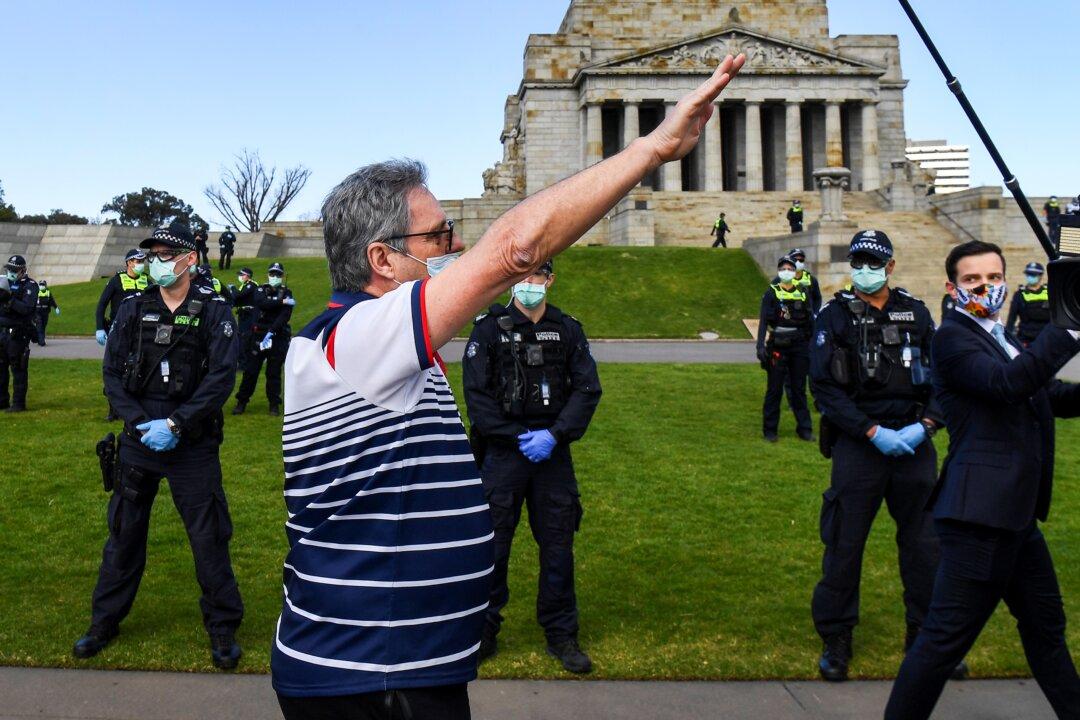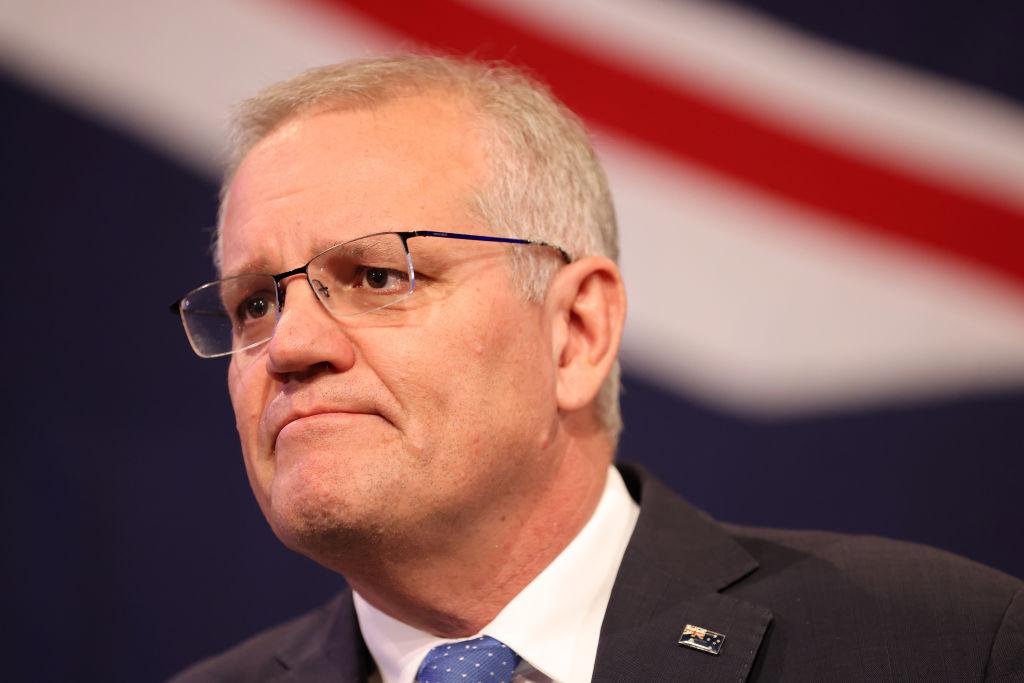Labor MP Andrew Charlton has warned that “misinformation” on various digital media platforms could claim lives.
During the debate over Labor’s proposed Misinformation Bill in Australia’s House of Representatives, Mr. Charlton said the Albanese Labor government was correct in trying to tackle misinformation and disinformation online.





